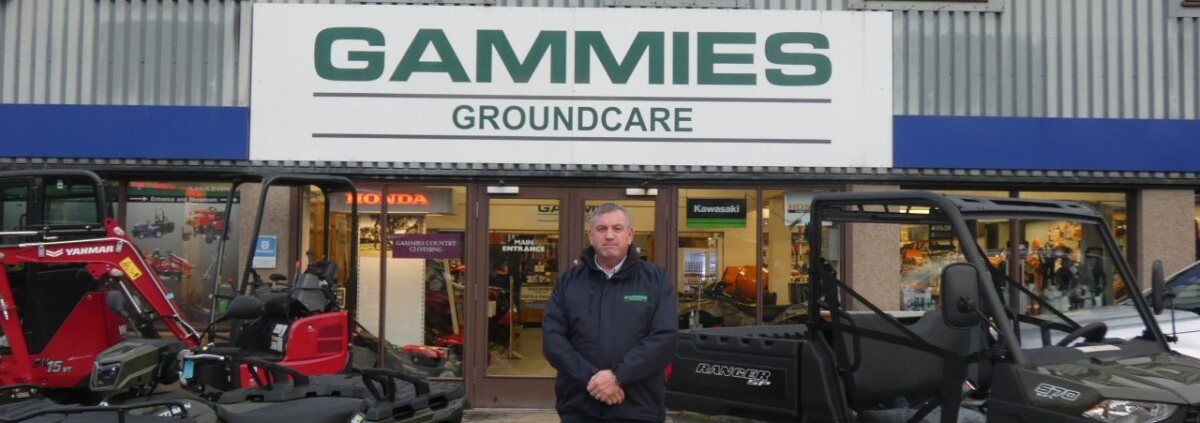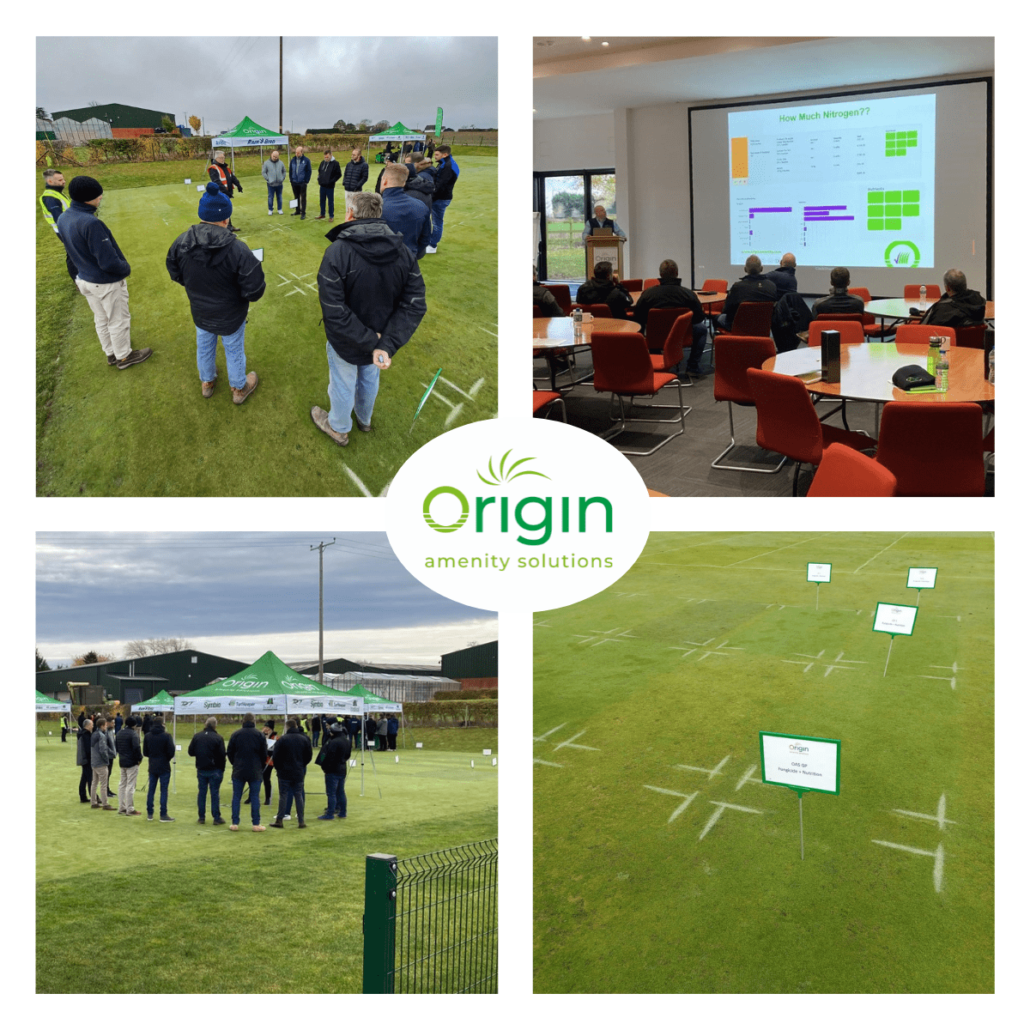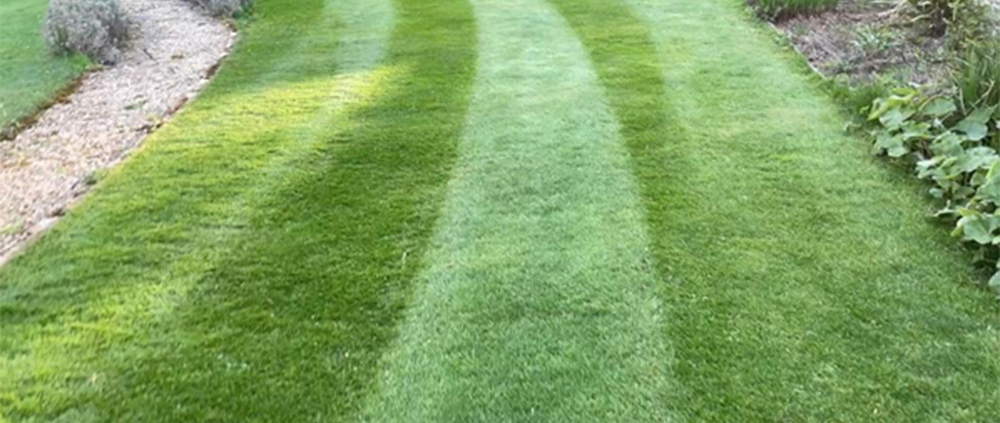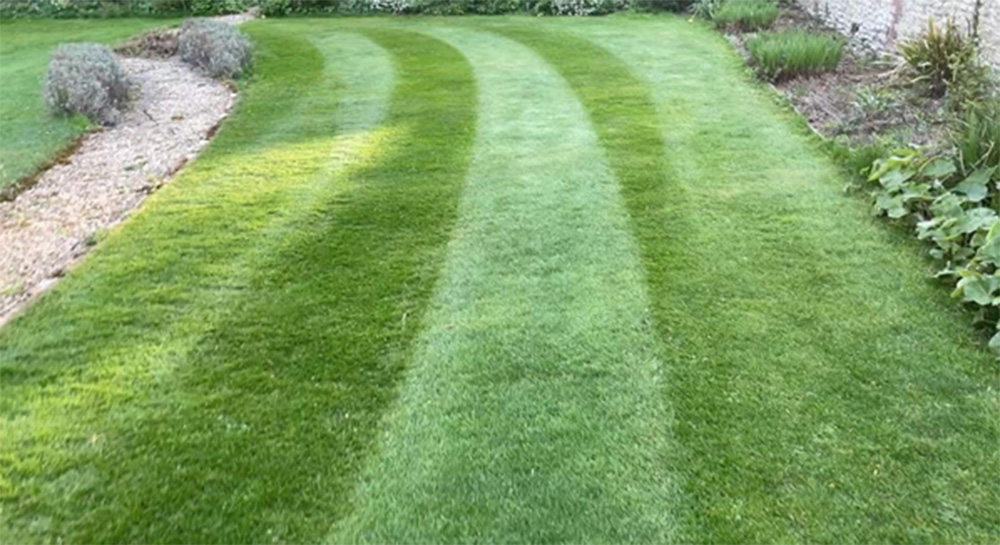Polaris adds Gammies Groundcare to dealer network
Polaris adds Gammies Groundcare to dealer network: Polaris Off Road is pleased to welcome Gammies Groundcare to its UK dealer network. Based in Forfar, Scotland, Gammies Groundcare provides its products and services in the surrounding 50-mile radius including across Angus, Fife, and Aberdeenshire.
After being founded in 1968, Gammies Groundcare began with a focus in agricultural equipment. As the business grew, the focus changed from agricultural machinery to groundcare equipment and Gammies was soon acknowledged as the equipment specialists in and around Aberdeen and Angus.

Polaris adds Gammies Groundcare to dealer network
Supplying a huge variety of equipment including lawn, garden, agricultural, horticultural and groundcare equipment as well as being part of the A.M. Phillips group, it seemed only fitting to expand the range to offer Polaris Off Road Vehicles.
“Polaris provides such a great depth of vehicle range which our customers are looking for,” said Les Gammie, Branch Manager. “The product development and innovation is incredible it is something we feel our customers would benefit from. We really like the way that Polaris vehicles can be customised with the hundreds of accessories they offer.”
Gammies Groundcare will offer the full Polaris line-up including the RANGER, Sportsman and RZR brands as well as the Youth line-up.
As well as offering the full line-up, Gammies has its own workshop which is filled with experienced engineers who provide servicing, repair and maintenance of an extensive variety of equipment, including the brands they sell and more. Gammies’ engineers provide services both onsite and in the workshop.
For more information on Gammies Groundcare visit: https://gammies.co.uk/.
For more information, please contact the Polaris ORV Media Office at press@polaris-orv.media.
For the latest industry news visit turfmatters.co.uk/news
Get all of the big headlines, pictures, opinions and videos on stories that matter to you.
Follow us on Twitter and Instagram for fun, fresh and engaging content.
You can also find us on Facebook for more of your must-see news, features, videos and pictures from Turf Matters.













